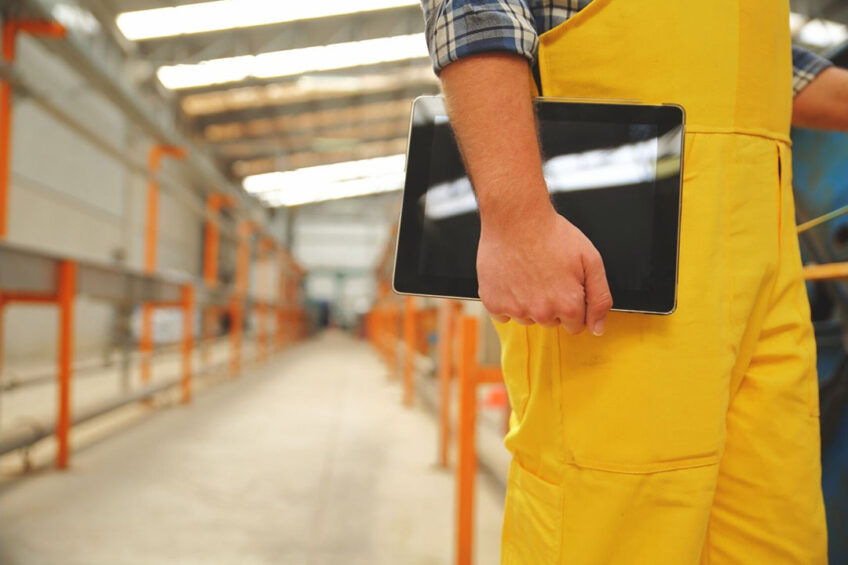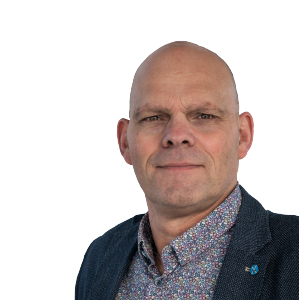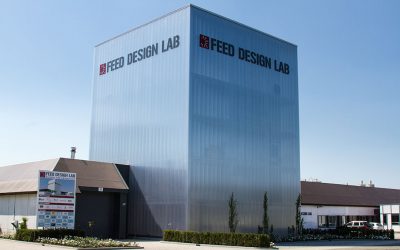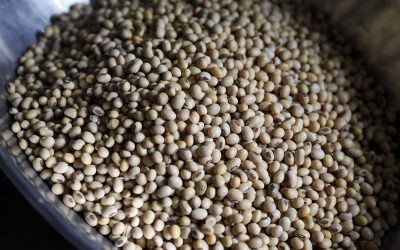Train the operator or train the trainer?

Almost everyone between the ages of 18 and 65 has a job. There is hardly any unemployment at the moment. This is a good development with a troubling downside.
Many companies, including feed companies, are diligently looking for suitable employees. Many operators will be reaching their retirement age and need to be succeeded by new, enthusiastic, and committed young people. For these young people, this means ‘learning on the job’.
Training the new generation of feed operators
The experienced operator teaches the new employee everything about the intake of raw materials, operating the grinding-mixing and press lines, and bulk loading or planning. Certainly, no mean feat! My experience from 1988 onwards has taught me that, after about a year, this new employee can function (somewhat) independently, partly depending on his or her intrinsic motivation. Fortunately, many companies are convinced that these new people benefit from training. Institutions such as Aeres and Feed Design Lab contribute to the training of new operators in the feed industry, both in the Netherlands and worldwide, in their own facility and in-company.
Operator turnover
The ultimate goal for me is to convince these young people that they have an excellent job, are craftsmen-to-be and that their efforts matter. In this way, we do our utmost to keep them involved in the feeding process for a longer period. We see all too often that after 1 or 2 years, young operators can get a bit more salary elsewhere and that they do not actually find the feeding process very ‘sexy’. Not long after, the manager presents young man or woman no. 7 to the experienced operator/mentor.
Feed operators of the future
In recent years, we see modern terms such as Lean Manufacturing and Six Sigma. In common people’s language: achieving maximum customer value with minimum waste and improving production and administrative processes. Many people have been trained to contribute to this. Further automation of the feed plant also fits in this context. We hear slogans such as Smart Factory 2.0 and Industry 4.0. Today’s operator spends more and more of his or her 8-hour shift behind a computer. Entering production orders, distributing charges and batches, watching the automatic start-up of a pellet press, and seeing that everything is going according to plan. The operator of the future will not be the same as the current operator. In my view, he or she will get different tools. In 1970: a wrench and a bahco and new gloves once in a while. In 2030: a tablet to monitor as many checks as possible and, above all, to see that everything is going well. I would like to draw attention to the route to the new 2030 situation.
Who will train the New Operator 2.0? This operator must have a good overview of the installation, must understand what happens with raw materials in the machines and must be able to make (at least) targeted adjustments where necessary. I take on this challenge with pleasure and eagerness, which arises out of my love for my profession. I am intrinsically motivated.











